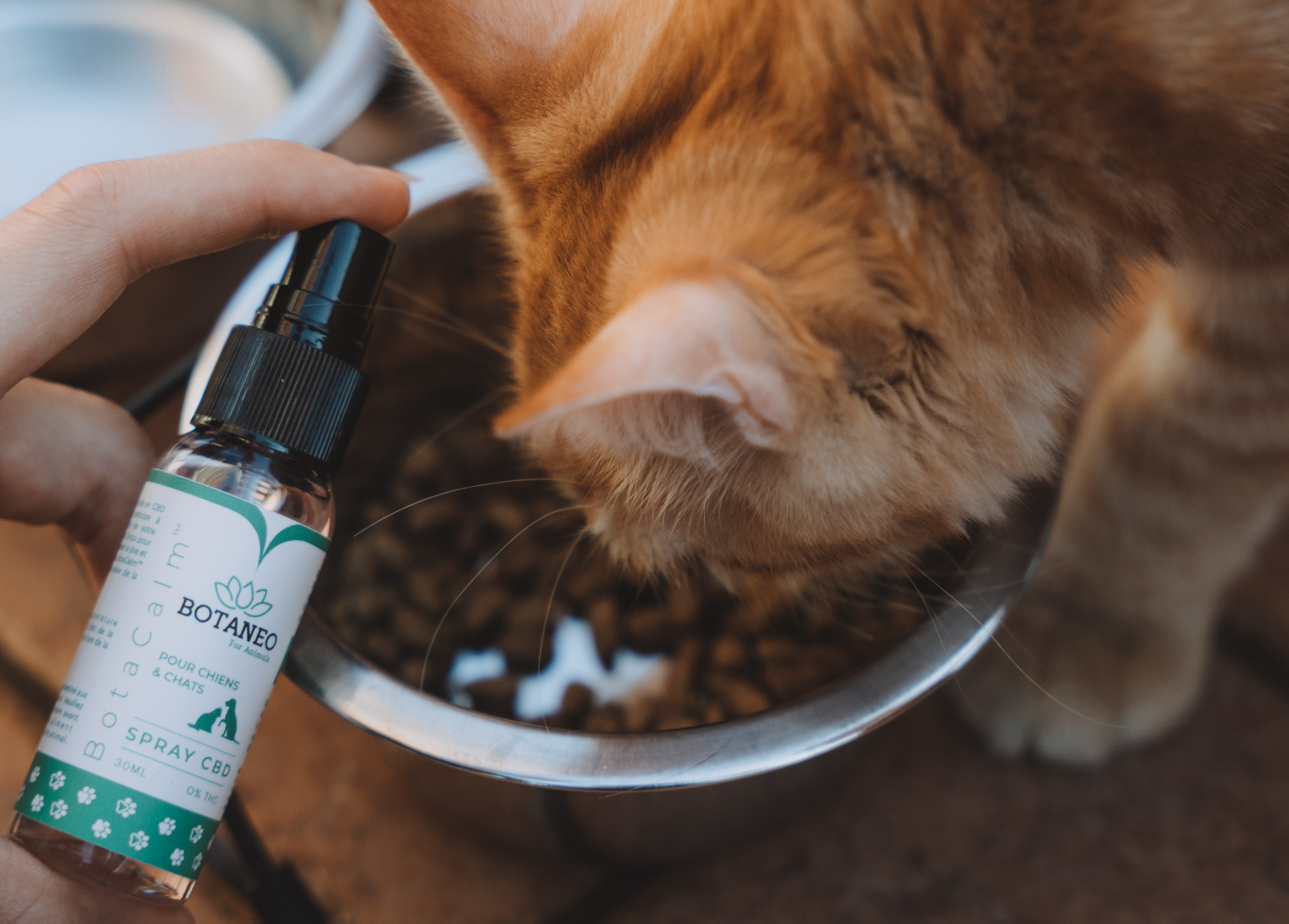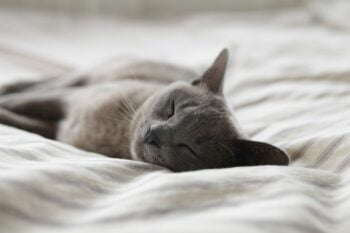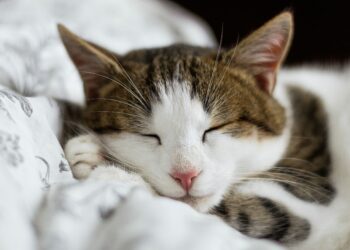If you’ve recently adopted a pet, one amongst the foremost important health decisions you’ll make is to spay or neuter your cat. Spaying or neutering is definitely the best gifts you can provide your pet and your family. Stray animals pose a true problem in many parts of the country. They can prey on wildlife, damage the local fauna and frighten children. They could also be a great reason for car accidents. Spaying and neutering pack a strong solution in reducing the amount of animals on the streets.
In every community, in every state, there are homeless animals. In the U.S., there are an estimated 6-8 million homeless animals entering animal shelters every year. Barely half of these animals are adopted. Tragically, the rest are euthanized. Every year, millions of unwanted cats, including kittens, are euthanized. The good news is that you can make a difference if you are a responsible pet owner. By having your cat sterilized, you will do your part to prevent the birth of unwanted kittens. Spaying and neutering prevent unwanted litters, protect against some serious health issues, and may reduce many of the behavioral problems associated with the mating instinct.
You must be thinking that if these are surgical procedures, then these will be costly. But if you understand, this is not the case. Many states and counties have established low-cost spay/neuter programs that make surgery easily affordable and accessible. If you’re in New York City or South Los Angeles, the ASPCA offers free or low-cost spay/neuter surgery for financially challenged dog and cat owners with proof of public assistance.
On the other hand, spaying and neutering help prevent your pet from several diseases like reproductive system cancer or pyometra. And it could cost thousands of dollars to treat this.
What is Neutering?
Neutering or, more specifically, orchiectomy is a veterinary terminology derived from the Latin word neuter. It refers to the surgical sterilization of male dogs and cats. It is a surgical procedure done under anesthesia to remove reproductive organs (testicles) in male dogs and cats. This procedure makes him unable to reproduce and eliminates male breeding behaviors.
There are numerous benefits to neutering ( castrating), a male cat. This will already be performed if you adopt a cat from the shelter, but if you receive a cat from a friend or breeder, the neuter’s decision to neuter will be up to you.
Cats that are neutered have several health advantages as they age. Prostate cancer is more common in male dogs than male cats, but leaving a male cat intact (not neutered) increases their risk of prostate cancer development. This is a severe condition to treat and can be fatal. Did you know that cats that are neutered as kittens or young adults are unlikely to develop prostate cancer? Male cats also tend to possess poor grooming habits and may become matted and dirty. This can cause skin infection, parasitic skin disease, and discomfort. Neutered male cats don’t seem to have this problem, and take better care of themselves.
Male cats also have an inclination to want to fight with other cats. This is also a behavioral concern. Unneutered male cats are driven by their hormones to seek mates and defend their marked territory against intruders. So, two unneutered male cats in the same household can cause trouble. Fights tend to break out, especially if there is a female cat in heat. By neutering your cats, you’ll end their aggressive behavior.
Intact cats have several unpleasant habits. Because male cats are territorial creatures, they like to mark their areas by spraying urine on objects such as furniture and drapes. The urine odor and stains are unsanitary and are extremely difficult to remove. Neutered cats do not show territorial instincts and thus make better pets. Intact male cats tend to fight to defend their territory and to secure the opportunity to mate with a female in heat.
A USA Today (May 7, 2013) article cites that pets who sleep in the states with the very best rates of spaying/neutering also live the longest. Castrated male cats are reported to live, 62% longer than intact male cats. The report states that in Mississippi, the lowest-ranking state for pet longevity, 44% of the dogs are not neutered or spayed. Part of the reduced lifespan of unaltered pets are often attributed to their increased urge to roam, exposing them to fights with other animals, getting struck by cars, and other accidents.
Intact cats are twice more prone to be infected with an upper respiratory infection, 3.5 times as likely to be infected with Feline Immunodeficiency Virus (FIV), four times as likely to have ear mite infection. And, 4.5 times are more likely to be infected with Feline Leukemia Virus (FeLV) than same-aged castrated and spayed cats.
Many Other behavioral problems can be solved by neutering. This reduces aggressive behavior. Studies also show that most dog bites involve unaltered dogs. Excessive barking, mounting, and other dominance-related behaviors can also be eliminated.
Neutering could cause weight gain. Some cats gain weight after this procedure. Intact animals have a strong mating desire, and they expend a lot of energy finding a mate. Without this energy burden, your pet may eat the same but not burn off as many calories. Cut back his food or increase his activity to help reduce weight gain.
What is Spaying?
Spaying or, more specifically, ovariohysterectomy involves removing female reproductive organs (ovaries and uterus) surgically.
Spaying your kitty is one of the first steps in providing her with longer and healthy life. Spaying helps prevent uterine infections and breast tumors, which are malignant or cancerous in about 90 percent of cats. The chances of ovarian and uterine cancers are eliminated after spaying your kitty. Your kitty will not have bacterial infections from inflammation in the uterine wall. She will not experience cysts on the walls of her uterus. If your kitty spayed before her first heat, you have protected her from possible mammary cancer, a common disease in unspayed female cats.
Your spayed female cat won’t go into heat. While cycles can vary, cats usually go into heat four to five days every three weeks during the breeding season. Female cats in heat rub against you and try to get outside, even if they are an indoor cat. They produce a bloody discharge that you may find on your furniture. Their specific scent attracts the unneutered males in the neighborhood that will urine mark your yard. The heat cycle can last a few days and repeat after every two weeks if she is not impregnated.
Spaying makes a better family pet. Pets who are spayed are more comfortable to train and more focused on their family. Better behavior, better health, and less stress on the current cat overpopulation are all great reasons to get your cat spayed. The cost can sometimes be a concern, but some organizations can help.
Spaying could cause weight gain. Some cats may gain weight after this procedure and as they get older. Intact animals have a strong mating desire, and they expend a lot of energy finding a mate. Without this energy burden, your pet may eat the same but not burn off as many calories. Cut back his food or increase his activity to help reduce weight gain.
When to Spay or Neuter Your Pet
It is generally considered safe for kittens at eight weeks old to be spayed or neutered. Studies have shown that cats altered before six months of age have less of a risk of physical or behavioral problems than those undergoing surgery later. In animal shelters, surgery is mostly performed at this time so that kittens can be sterilized before adoption. To avoid the start of urine spraying on everything in your house and eliminate the chance for pregnancy, it’s advisable to schedule the surgery before your cat reaches five months.
The surgical procedure neutering is done in a vet’s clinic under general anesthesia. Your vet will give you special instructions for pre- and post-operative care. In general, don’t give your cat any food after midnight the night before surgery. Your vet will tell you about post-operative care. Pay your full attention to this because this is the crucial factor for a successful operation.
Male cats can usually come home the same night unless there are complications or particular concerns. Female cats have a bit larger incision to remove the ovaries and uterus. Due to larger incision in the abdomen, they are kept overnight for observation. Your cat can usually head home the next day.
So do the right thing, for you cat and for yourself! No matter the age of your pet, learn about these essential surgical procedures and have your pet spayed or neutered as soon as possible.







